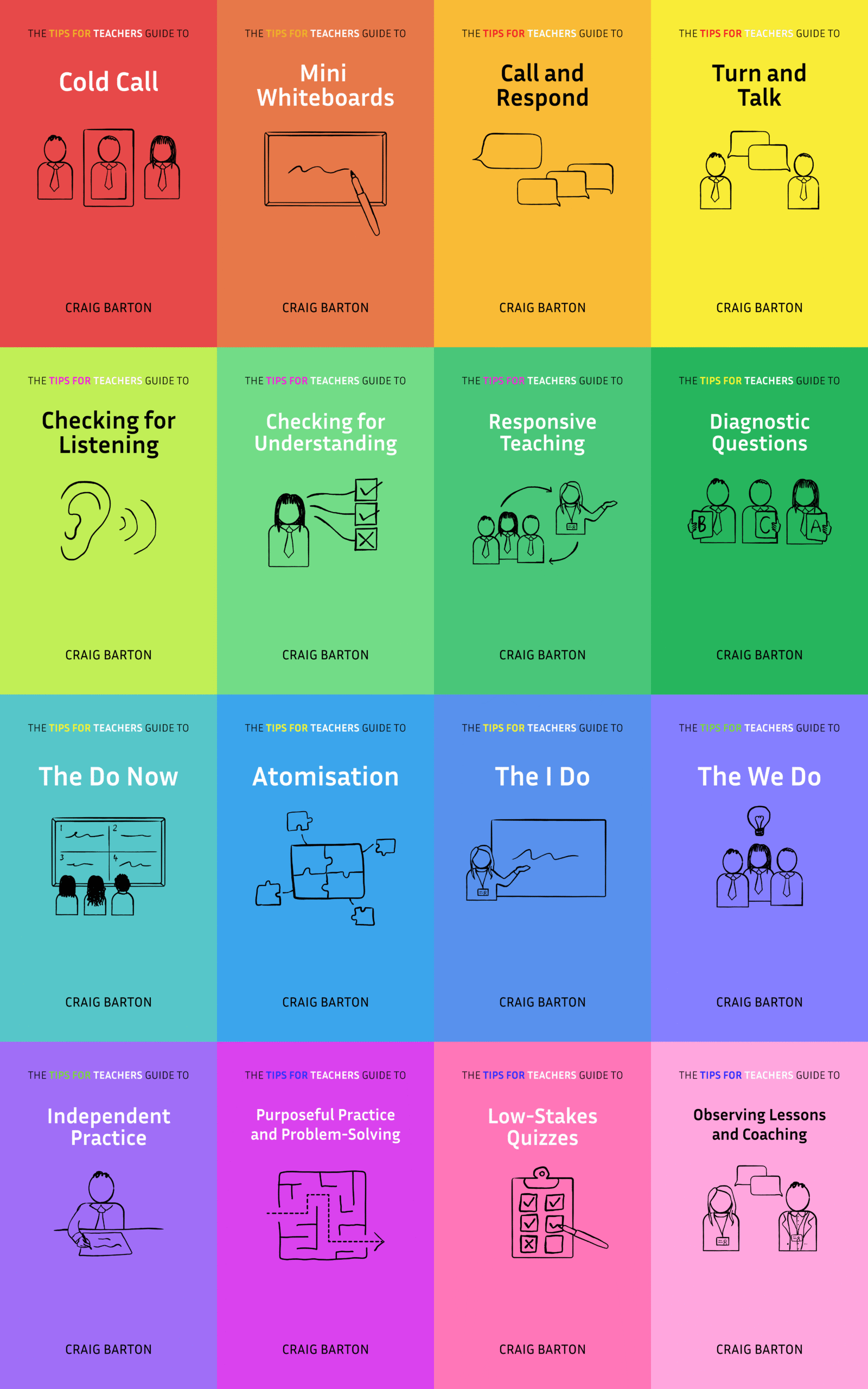Summary
This YouTube transcript discusses how to foster resilience in students. The core argument is that a resilient learning environment requires high challenge combined with high support. The video explores practical classroom strategies, such as emphasizing effort over outcome and providing constructive feedback, to achieve this balance. Teacher mindset, specifically a growth mindset, is highlighted as crucial for creating such an environment. Prior student experiences and self-efficacy are also considered important factors influencing resilience.
Time-stamps
- 0:53-1:47: This section explains that to develop resilient students, teachers need to provide both high challenge and high support. High challenge refers to setting high expectations and encouraging students to strive for improvement. High support includes fostering a sense of inclusion, providing emotional support, and giving students a clear understanding of who they can turn to for help.
- 2:02-2:51: This segment focuses on practical ways to implement high challenge in the classroom. It emphasizes the importance of having high expectations for students’ attitudes, habits, and work ethic, rather than just focusing on outcomes. Teachers should fundamentally believe that all students can improve and learn.
- 2:51-3:39: This part discusses high support strategies, particularly the importance of providing effective feedback. It suggests focusing feedback on the task, students’ processes, and their self-regulation, rather than just on the outcome or the student as a person.
- 3:39-4:18: This section highlights the significance of a warm but formal teacher-student relationship built on trust and reliability. While liking the teacher might not directly impact learning, trust is crucial for students to feel comfortable being challenged and supported.
- 5:39-6:13: This segment emphasizes that mistakes can be valuable learning opportunities, but only if accompanied by effective feedback and a supportive environment. Without proper feedback, students may repeat mistakes and not benefit from the experience.
- 7:16-8:15: This section discusses the importance of considering students’ past experiences and prior success in a subject when determining the appropriate level of challenge and support. Students with a history of success are more likely to persist through struggles, while those with a history of difficulty may need additional support and encouragement.
- 8:15-9:02: This part explores the concept of self-efficacy, which is domain-specific confidence. Previous performance is the strongest predictor of a student’s self-efficacy, so teachers need to be aware of this when designing learning experiences.
- 9:02-9:34: This section reiterates the importance of balancing struggle and support. While struggle can be beneficial for learning, it should be managed carefully, and students should not be left to flounder without guidance. The goal is for students to learn and succeed, not just to experience struggle for its own sake.
What are the key implications for teachers in the classroom?
Here are some key implications for teachers in the classroom, based on the YouTube video you provided:
- Teachers need to create a classroom environment that provides both high challenge and high support. High challenge means setting high expectations for students and encouraging them to strive for improvement. For example, teachers should have high expectations around student attitude, habits, and work ethic. Teachers should also fundamentally believe that all students can improve and learn. High support means fostering a sense of inclusion, providing emotional support, and giving students a clear understanding of who they can turn to for help.
- Teachers should focus on providing effective feedback. Feedback should focus on the task, students’ processes, and their self-regulation, rather than just on the outcome or the student as a person. For example, rather than just telling a student “Good job” on an assignment, a teacher might provide feedback on the student’s problem-solving strategies or their ability to stay on task.
- Teachers should build strong relationships with their students. Students are more likely to feel comfortable taking risks and challenging themselves in a classroom where they feel safe and supported. Teachers can build strong relationships with their students by being reliable, trustworthy, and supportive.
- Teachers need to be mindful of students’ past experiences. Students who have had a history of success in a subject are more likely to persist through struggles, while those who have a history of difficulty may need additional support and encouragement. Teachers can learn about students’ past experiences by talking to them, reviewing their previous work, and observing their behavior in class.
- Teachers should help students develop self-efficacy. Self-efficacy is the belief in one’s own ability to succeed, and it is a key factor in student motivation and resilience. Teachers can help students develop self-efficacy by providing them with opportunities to experience success, giving them positive feedback, and helping them to set realistic goals.
- Teachers should create a classroom culture where mistakes are seen as opportunities for learning. Students should not be afraid to make mistakes, and they should be encouraged to learn from their mistakes. Teachers can create this kind of culture by modeling a growth mindset, providing students with opportunities to revise their work, and celebrating effort and improvement.
By implementing these strategies, teachers can create a more supportive and challenging learning environment that helps students develop resilience and achieve their full potential.









